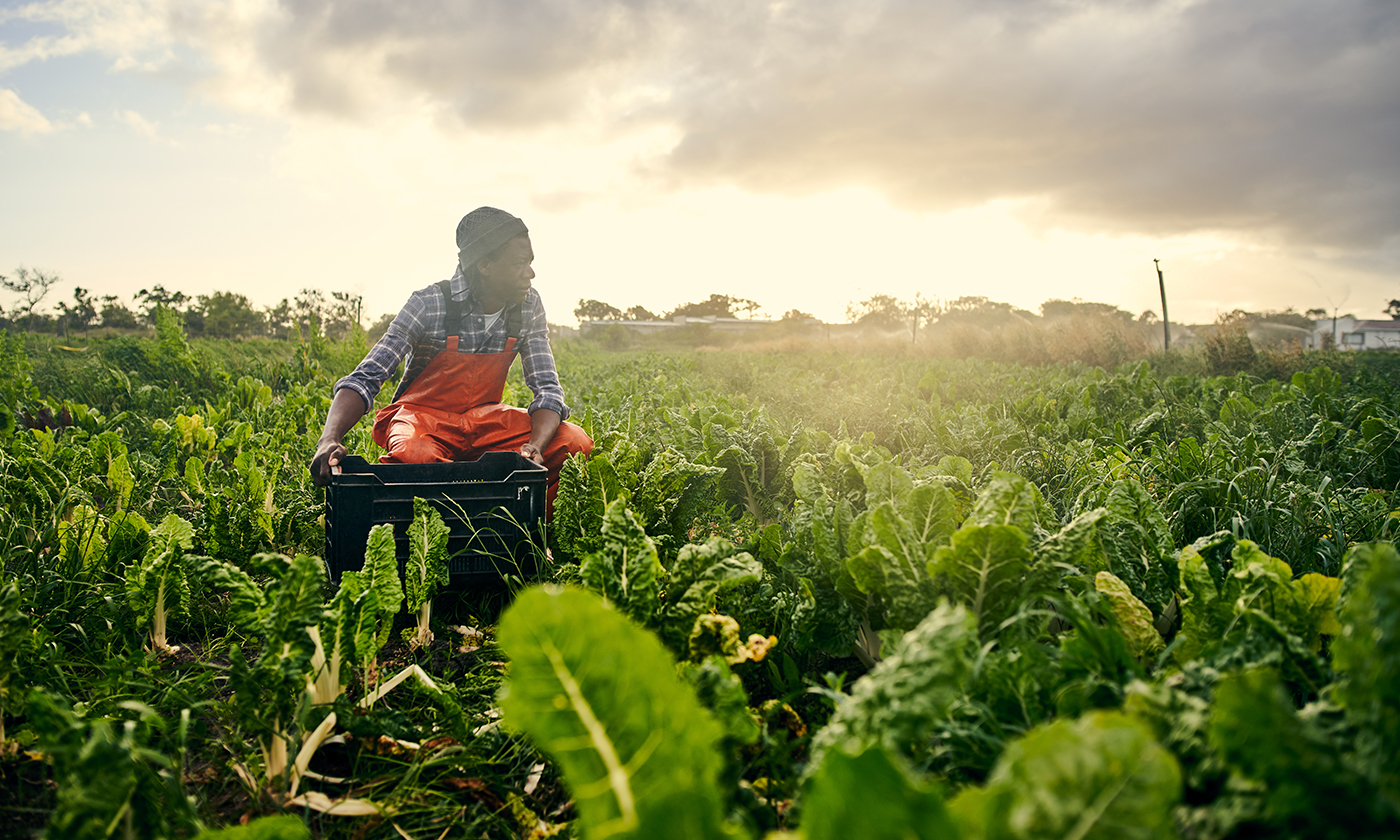The farmers’ cooperative, often seen as a beacon of hope in the spring, is where farmers gather to buy seeds, and fertilizers, and seek advice on maximizing their crop yields. However, it has also become a meeting place for mental health professionals who gather to address the silent crisis affecting many farmers: untreated anxiety and depression.
:max_bytes(150000):strip_icc()/Farmer-in-jean-coat-in-field-2000-0b1359759dc84cc38d1472901565eaae.jpg)
Mental Health Issues in Farming Communities
Studies reveal that suicide rates among farmers are alarmingly high. The U.S. Department of Agriculture (USDA) has taken notice, sponsoring training sessions to help healthcare professionals understand the unique pressures farmers face. During a recent session at the Key Cooperative Agronomy Center, family therapist David Brown from Iowa State University Extension and Outreach highlighted the multifaceted stressors that farmers endure. These include unpredictable weather, volatile market prices, political uncertainties, and the physical demands of farming. The weight of generational expectations also compounds their stress, making failure seem like letting down their entire family legacy.
Barriers to Seeking Help
Despite the severe stressors, many farmers are reluctant to seek mental health care. Surveys indicate a prevailing belief that therapists or doctors cannot comprehend their lifestyle. Tina Recker, a mental health therapist from northeastern Iowa, emphasized that farming often becomes an all-consuming identity, making any failure feel catastrophic. Additionally, middle-aged or older men, who make up a significant portion of the farming community, are generally more at risk for suicide.
Edwin Lewis, a USDA administrator, noted that while age and gender contribute to the higher suicide risk, the issue is broader and deeply rooted in the farming profession. The reluctance to seek help is also fueled by a culture of self-sufficiency and stigma surrounding mental health. Farmers are accustomed to solving their problems, whether it’s a broken tractor or a bout of anxiety. This mindset, coupled with limited access to mental health services in rural areas, exacerbates the problem.
Initiatives and Strategies for Improvement
The USDA’s Farm and Ranch Stress Assistance Network is one initiative aimed at addressing this crisis. The program, which funds counseling hotlines and support groups, spends $10 million annually. Jason Haglund, a mental health advocate and part-time farmer, co-hosts an Iowa podcast to raise awareness about mental health in farming. He emphasizes the need for farmers to overcome the stigma and seek help, recognizing that farming is not always a financially sound decision but one driven by emotional ties to heritage.
Haglund also highlights the danger posed by easy access to firearms, which increases the risk of suicide. While rural communities might resist gun control measures, trusted therapists or friends could suggest temporary removal of firearms from those showing signs of depression.
Connecting on a Personal Level
The training sessions encourage mental health professionals to adopt flexible schedules and understand the unpredictable nature of farming. They also emphasize starting conversations with farmers by asking what they enjoy about farming rather than intrusive questions about their land, which can feel like financial inquiries.
Understanding and addressing the mental health needs of farmers requires a community effort. Programs like mental health first aid can equip the general public with the knowledge to identify and support those struggling with mental health issues. The challenge for health professionals is not only to persuade farmers to seek help but also to ensure they continue with therapy.
As the session in Iowa concluded, instructors stressed the importance of being patient and accommodating with farmers, whose responsibilities often take precedence over appointments. By fostering a supportive environment and reducing stigma, there is hope that more farmers will seek and receive the mental health care they need.
